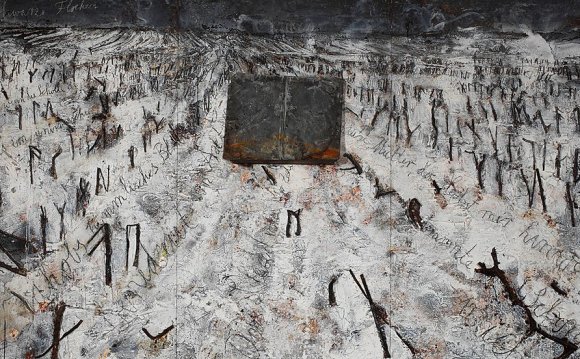
Paul Antschel, just who typed beneath the pseudonym Paul Celan, came to be in Czernovitz, in Romania, on November 23, 1920. The child of German-speaking Jews, Celan was raised talking several languages, including Romanian, Russian, and French. He also comprehended Yiddish. He studied medication in Paris in 1938, but returned to Romania briefly ahead of the outbreak of World War II. Their moms and dads were deported and in the end died in Nazi labor camps; Celan himself was interned for eighteen months before escaping towards the Red Army.
In 1945, he relocated to Bucharest and became friends with several of the leading Romanian writers of times. He worked as a reader in a publishing house so when a translator. He additionally started to publish his or her own poems and translations under a number of pseudonyms. In 1947 he settled regarding the pseudonym Celan—an anagram of Ancel, the Romanian as a type of his surname. He existed fleetingly in Vienna before deciding in Paris in 1948 to review German philology and literary works. He took his Licence des Lettres in 1950, plus 1952 he married the visual singer Gisele de Lestrange. They had a son, Eric, in 1955.
Celan's very first guide ended up being published in 1947; it obtained little critical interest. Their second book, Mohn und Gedaechtnis (Poppy and Memory), but garnered great acclaim and assisted to establish his reputation. Among their most well-known and often-anthologized poems from this time is "Fugue of Death." Your poem opens up using the words "Black milk of daybreak we drink it at evening / we drink it at midday and morning we drink it at night" and it continues on to provide a stark evocation of life inside Nazi death camps.
In 1959, Celan took work as an audience in German Language and Literature at L'École Normal Superieure associated with the University of Paris, a position he'd hold until their demise in 1970. His poems using this period grew faster, more disconnected and broken in their syntax and perceptions. In 1960 he received a Georg Buchner Prize. Throughout the 1960s he published more than six publications of poetry and attained international fame. In addition to his or her own poems, he stayed energetic as a translator, offering works from authors such as for example Henri Michaux, Osip Mandelstam, Rene Char, Paul Valéry, and Fernando Pessoa. In 1970, Celan committed suicide. He could be thought to be one of the most important poets to emerge from post-World War II European countries.
RELATED VIDEO











